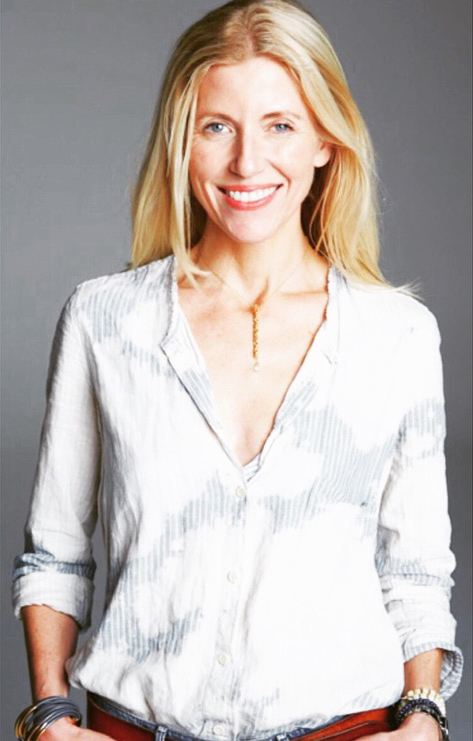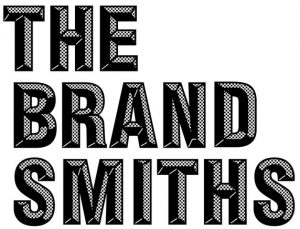
In work and life, when we think of limitations, we tend to think of them as a bad thing. At the same time, constraints also serve a purpose — and can be the impetus for actually getting something done.
More often than not, creative types appreciate knowing what’s not possible, so they can create within known parameters. Just as kids don’t ask for boundaries, but thrive within them, projects – in my experience – succeed when the walls, whether they be budget, audience or format, are known at the outset.
I recently attended a talk and book signing by the amusing, fantastic, handsome and eternally witty John Hodgman (Vacationland). During the Q&A, someone in the audience asked for advice on how to keep writing now that he was out of college and working in a bank (adorable). All the writers in the room of course knew the answer before he finished his sentence, but John said what we were all thinking:
“Create an artificial deadline. And then keep it.”
I find my own writing to be best served by a deadline because I know what I’m pushing up against. Even this blog has a self-imposed hard stop. My fantasy is that readers will be up in arms if it doesn’t show up in their inbox with regularity. But riot aside, I know that if I don’t publish once a week, I feel adrift. Writing helps me know what I think. So without it, I feel a loss. The fake deadline benefits from knowing how these stakes affect you.
The open road — as you may have discovered if you’ve ever tried to create/write/build something from scratch – can be a paralyzing place. While I think it’s worth exploring, even a few decisions about what that thing is not going to be is immeasurably helpful in shaping what it is going to be.
It may come as a surprise, but I actually love responding to a creative brief; writing someone else’s speech, taking over a brand’s Instagram feed, channeling a founder’s voice, or even helping to craft an application to kindergarten as a favor to a nervous, non-writer parent. Why? Because it’s responsive. I know the job ahead of me. Copy writers are pro’s at becoming other people and in some ways, are professional channeler’s.
But there’s a sweet spot.
When the writing assignment looms too large, I do nothing.
When it seems too small, it feels transactional, constricting, and less sexy.
The perfect (personal) project has a wide enough berth for me to be expressive and brave, but enough of a guard rail to keep me from going off the road.
Manufacturing this magical highway, when it’s not mandated, is the work.


